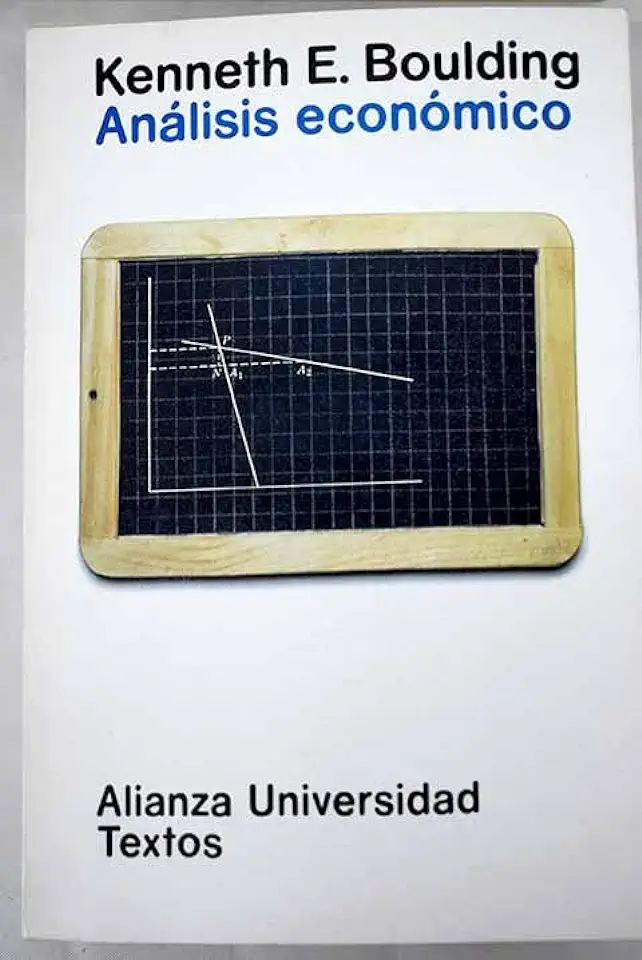
Economic Analysis - Kenneth E. Boulding
Economic Analysis by Kenneth E. Boulding: A Comprehensive Guide to Understanding Economic Phenomena
Introduction
Kenneth E. Boulding's "Economic Analysis" is a seminal work in the field of economics, providing a comprehensive and rigorous framework for understanding economic phenomena. First published in 1941, this classic text has stood the test of time and continues to be widely read and studied by economists and scholars alike.
A Holistic Approach to Economics
Boulding's approach to economics is holistic and interdisciplinary, drawing insights from various fields such as sociology, psychology, and biology. He argues that economic behavior is not merely a matter of rational decision-making but is also influenced by social, cultural, and psychological factors. This broader perspective allows for a deeper understanding of economic phenomena and the complexities of human behavior in economic contexts.
Key Concepts and Theories
Throughout the book, Boulding introduces and explains key economic concepts and theories, including:
Economic systems: Boulding explores different types of economic systems, such as capitalism, socialism, and mixed economies, and analyzes their strengths and weaknesses.
Economic equilibrium: Boulding discusses the concept of economic equilibrium and its implications for economic stability and growth.
Economic growth: Boulding examines the factors that drive economic growth, including technological progress, capital accumulation, and population growth.
Economic fluctuations: Boulding analyzes the causes and consequences of economic fluctuations, such as business cycles and recessions.
International trade: Boulding explores the benefits and challenges of international trade and its impact on economic development.
Applications and Real-World Examples
Boulding's analysis is not limited to theoretical concepts but is also grounded in real-world examples and applications. He draws upon historical events, case studies, and empirical data to illustrate economic principles and theories. This practical approach makes the book highly relevant and engaging for readers interested in understanding how economic concepts play out in the real world.
Relevance in Today's Economic Landscape
Despite being written over eight decades ago, "Economic Analysis" remains remarkably relevant in today's economic landscape. Boulding's insights into economic behavior, systemic dynamics, and the interplay between economic, social, and environmental factors continue to resonate with contemporary economic challenges and debates.
Conclusion
Kenneth E. Boulding's "Economic Analysis" is a must-read for anyone seeking a comprehensive and thought-provoking exploration of economic phenomena. Its holistic approach, rigorous analysis, and real-world applications make it an invaluable resource for economists, scholars, and anyone interested in understanding the complexities of the economic world.
Enjoyed the summary? Discover all the details and take your reading to the next level — [click here to view the book on Amazon!]